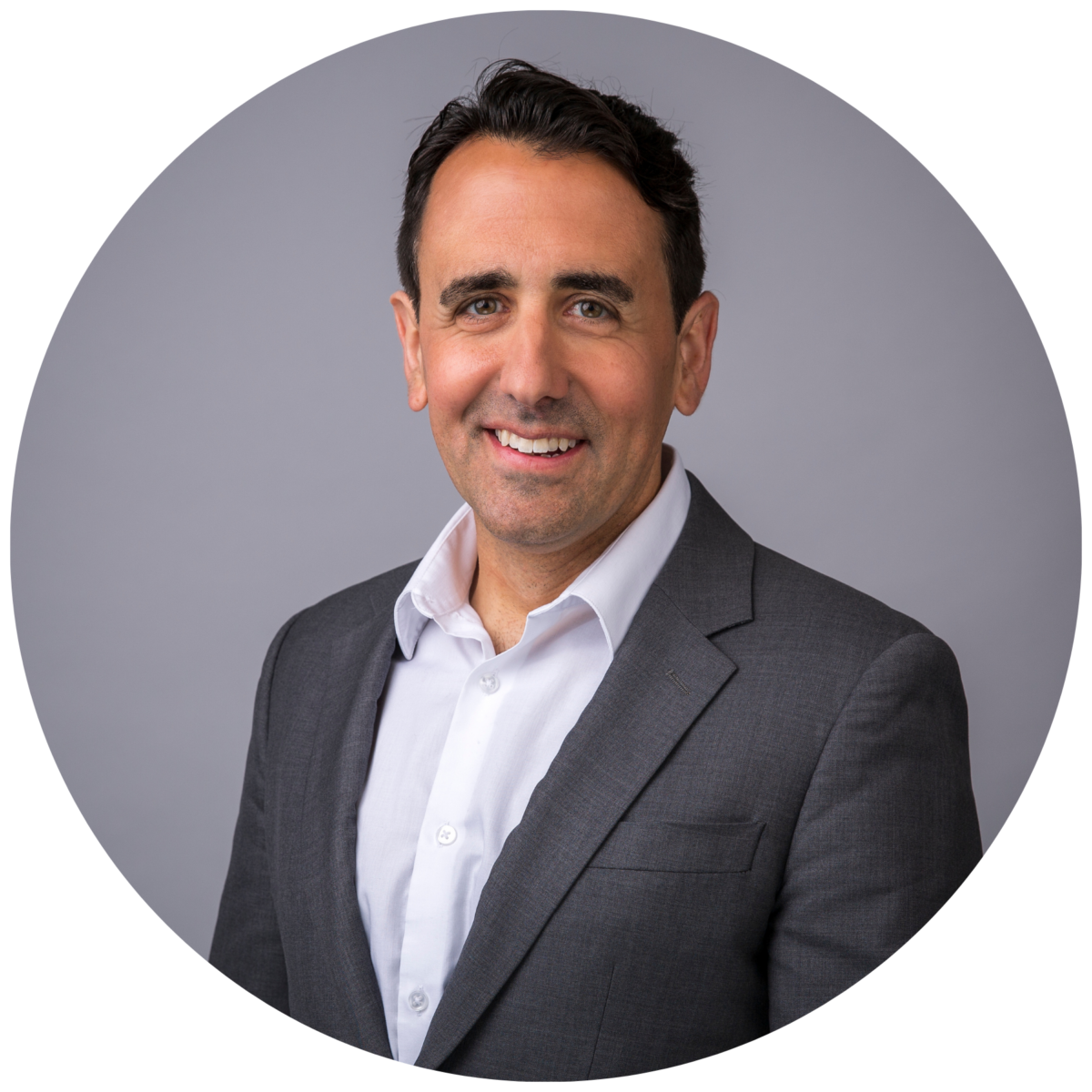
The Pulse by GRESB
The Pulse by GRESB is an insightful content series featuring the GRESB team, partners, GRESB Foundation members, and other experts. Each episode focuses on an important topic related to either GRESB, ESG issues within real assets industry, decarbonization efforts, or the wider market.
- Watch on Youtube
- Listen on Spotify
- Listen on Apple Podcasts
Has ESG become too big for sustainability reporting?
Sustainability has always been about more than just reporting. In this episode of The Pulse by GRESB, our speakers dive into the important theory of change behind sustainability reporting. Tune in as they discuss key topics including the industry’s outlook for 2025 and the years to come. Listen to the episode featuring:
Transcript
Can’t listen? Read the full transcript below. Please note that edits have been made for readability.
Tyler: Hello, everyone. This is The Pulse by GRESB, and I’m Tyler Guthrie, your host today. I’m joined by Chris Pike. Hello, Chris.
Chris: Hi, Tyler. Nice to be here again.
Tyler: Thanks so much. And we are here to talk about whether ESG has become too big for sustainability reporting. It’s a question that people have been asking, and we want to talk about it. What’s your take?
Chris: Hey, thanks for the chance to have the conversation about ESG reporting. It’s on everyone’s mind right now. My first response to your question is to reject the question. ESG reporting is not a standalone activity. Reporting is part of a theory of change. I want to understand it that way. And so the question is, is our theory of change, through engaged, responsible investment, working and how does reporting fit in and contribute to that theory of change?
Tyler: So it’s becoming a situation where really needing to rethink whether or not this reporting is about the sake of box checking, reporting for the sake of reporting, and why we’re actually doing it. Back to fundamentals, right?
Chris: That’s right. And we can recognize at the end of the day that reporting is a response to a market failure. The issue is investors need material non financial information to establish reasonable risk adjusted returns. They need to understand the externalities associated with their investments. And in the absence of sustainability and ESG reporting, they don’t have that information. And consequently, we have a market failure. They can’t see energy efficiency. They can’t see water conservation. And consequently, they can’t rationally allocate their capital. So the point of reporting is to help investors and other decision makers make rational resource allocation decisions. So the question really isn’t, do we report or do we not report? It’s are we reporting in the right way to drive positive change and address these market failures that typified the market before we had comprehensive reporting.
Tyler: And that makes a lot of sense. What do you say for those who have been reporting, who have collected this data, who have great insight into their investments, are scoring really well in the GRESB assessment, what is their reason to continue going through this process and continue to participate in the assessments?
Chris: It’s a great question. One, congratulations. You have done a big part toward making yourself more investable. You have done your part to address these market failures to give investors actionable material information. We also understand that that’s not done. We also understand you’re transforming two things. We understand that GRESB participation drives internal change. If you look at the data we put out on our public dashboard, you see year over year improvements, many times lasting for more than a decade. So the first thing you’re doing with GRESB is improving your own organization. The second thing you’re doing is differentiating yourself to investors.
And now that’s a co creation activity as well. It’s on us to create a yardstick or a meter stick that you can use to showcase what differentiates you from other property companies. And so today you may be at the top of that heap. And actually, that’s great. You’re at the top of the heap. But it’s also on us to make sure that that meter stick goes a little further and helps differentiate you among your peers and helps you tell your story. That’s a co creation exercise.
Tyler: And that follows with the idea that the benchmark, or any sort of benchmark, is an evolving concept. That it does change over time, so you should probably keep up with it and change with it.
Chris: That’s right. It’s critical to remember that three things change. It’s one of the things we did in our road ahead webinar, we talked about three different moving parts. We talked about a moving part, which is the standard changes. And so, yes, the standard, the bar raises. But also the industry changes. Because we’re constantly benchmarking where you stand in a dynamic industry. And obviously your company is both getting better in its sustainability practices, but it’s also living and breathing. You’re adding assets, you’re divesting from assets, your technology is changing. So what we live in is this dynamic space. Yes. The standard is a moving target. Yes. The industry is a moving target and even ourselves as property companies or infrastructure companies, they also change. So nothing is stationary in our universe.
Tyler: Makes sense. So you rejected my first question, what about this one? Do you find that there’s a risk of focusing on reporting comes at the expense of action? Is this a dichotomy that people really need to keep in mind?
Chris: Alright. I’m going to reject this one too. So I know that social media is full of this presumption that somehow reporting and action are opposed to each other. First, I just don’t believe that that’s actually a dichotomy. There are plenty of things we spend money on in real asset management, whether it’s a marble lobby or a trip to Jamaica. These are all wonderful things, but they’re not like substitutes for each other.
So, in the case of reporting and action, they are complements to each other. The thing we are trying to drive is actionable information for investors. That requires communication. That requires transparency. That’s what reporting is about. If you’re going to be transparent about something, it requires action. So two things are necessarily bookends. And to give you an example or a metaphor, analogy, whatever it is, is basically saying: Hey, let’s envision we all take off on airplanes. We understand that an airplane by itself, sitting on a runway, it has essential features. It has wheels and wings and engines. Awesome. But we also understand that that airplane, to go anywhere, needs a pilot and a flight plan.
And so when we start talking about actions and reporting, we’re talking about the essential ingredients. Reporting on its own. No, it’s not sufficient. But neither is action. Action without reporting doesn’t result in market transformation or the efficient use of capital. It’s two, together.
Tyler: Makes a lot of sense. If we do look ahead, what does this mean for 2025? Do you see any themes coming up or any warning signs that people should be thinking about as we enter the new year?
Chris: I’ll break it down to just three. One, we know 2025 is a year of change. We know things are changing. We understand that in the real world, reporting has to get faster, easier, and cheaper. It has to be more streamlined. We understand that that is a requirement. And we want to use technology to realize that end. At the same time, there are new reasons to be transparent, new investment strategies. So, for instance, we have investors who increasingly want to invest in brown to green strategies, taking low performing assets and moving them upwards. That requires a new kind of reporting. New metrics in new ways to identify those opportunities and to track them over time.
And we also understand, look, we’re going to be here at the end of the year, and it’s going to be a year of change. We’re going to try to make the assessment process faster, easier, cheaper. We’re going to try to support new investment ideas, and we’re going to take the same data and use it in new ways, providing cross cutting visibility on issues, decarbonization, social sustainability, resilience. And so trying to make the same data do more work for us. That’s what 2025 is. It’s a year of change, but also a year of progress.
Tyler: That sounds really exciting. To close this out, last question. If we think about 2025 and the possibility of new ESG frameworks coming online, whether they’re driven by regulation or other expectations, how should people think about deciding what to prioritize?
Chris: My take, I know I’m biased, and I’ll cop my bias, is that I believe in sector specific benchmarks. I also am in this for the mission. We’re in this for positive change. So, my recommendation to folks is to think about frameworks with regard to the outcomes that they drive, their underlying theory of change, how they engage with the market.
I hope that folks are looking, to the degree that they can, and I know that there are lots of competing pressures, that they can look at those frameworks and say, “Is my participation in that framework helping me address these market failures, provide investors with material, non financial information that improves that investor’s ability to make risk adjusted decisions on resource allocation? Is it driving internal improvement? And do I agree with its mission and direction?”
I think if you are selecting a framework based on your belief in what it does to drive positive real world outcomes, you will be satisfied and it will be worth your time. It’s my best guess.
Tyler: Well, that sounds great. Thanks so much for joining me, Chris, and I hope that you have a great end of year and 2025.
Chris: Likewise, Tyler. Thank you so much.

